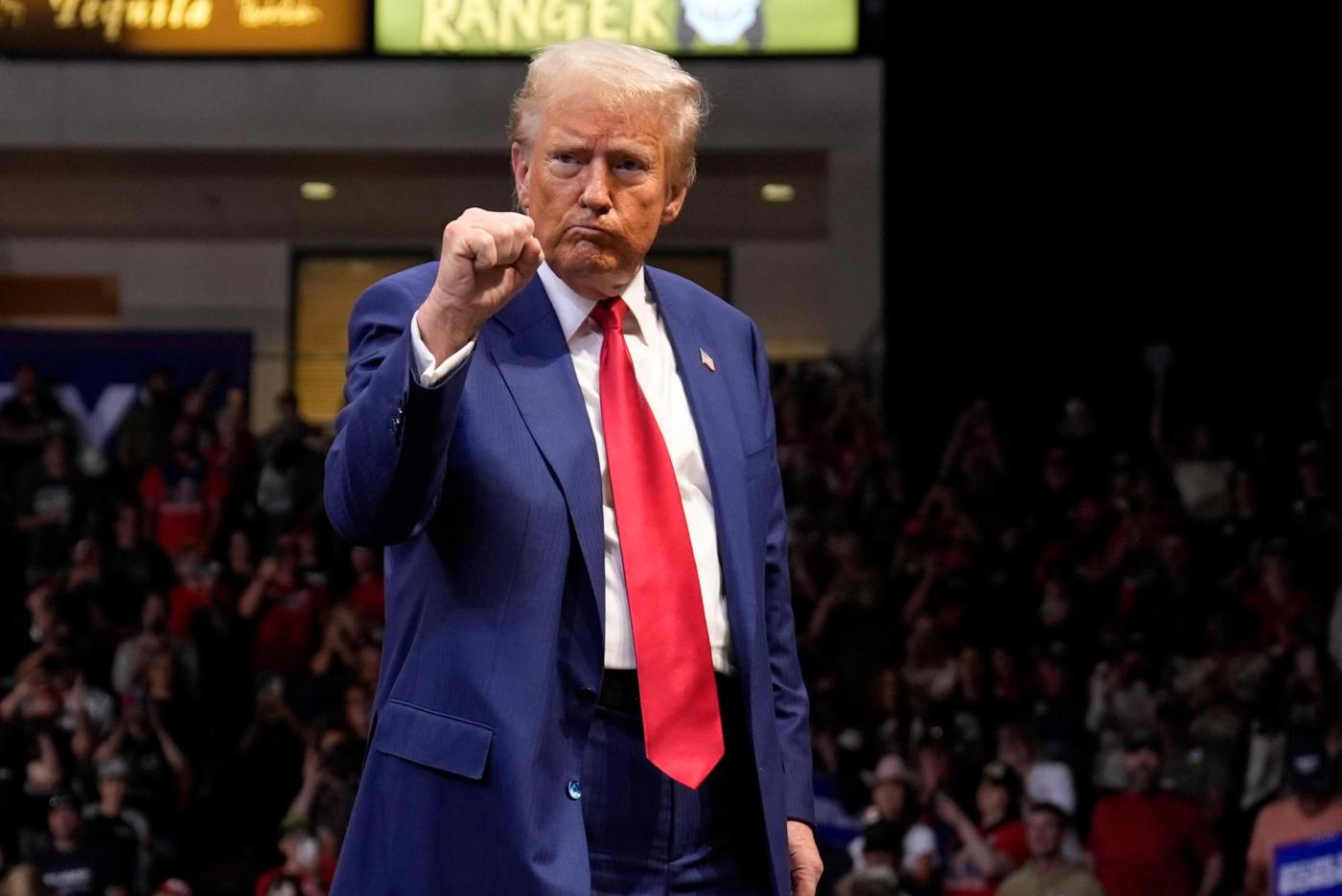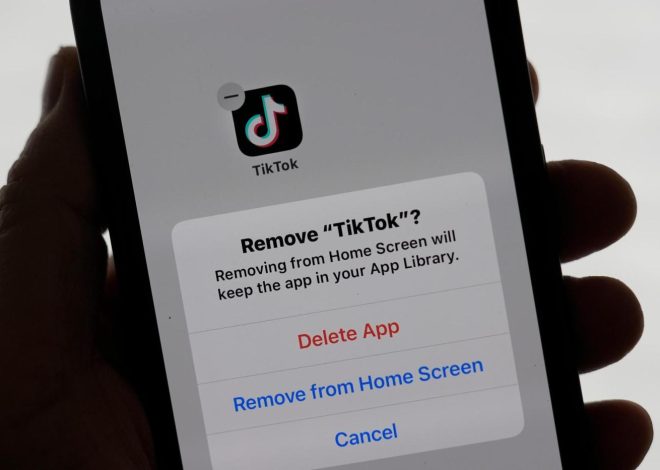
Stephens: If Trump wins, who, or what, will liberals blame?
The Electoral College. White racism. Black sexism. President Joe Biden.
Should Kamala Harris lose the presidential election next month, those will be among the more convenient excuses Democrats will offer for falling short in a race against a staggeringly flawed, widely detested opponent. There will also be whispers that she was not the strongest candidate in the first place — that the party would have done better to elevate a more natural political talent like Josh Shapiro of Pennsylvania or Gretchen Whitmer of Michigan.
There’s truth in all of it. But it lets off the hook the main culprit: the way in which leading liberal voices in government, academia and media practice politics today. Consider its main components.
The politics of condescension, typified by Barack Obama’s suggestion this month that Black men might be reluctant to vote for Harris because they “just aren’t feeling the idea of having a woman as president.” But perhaps those men are responding to something more mundane: Median weekly wages for full-time Black workers rose steeply during Donald Trump’s presidency and essentially stagnated under Biden, according to data from the St. Louis Fed. Why reach for the insulting explanation when a rational one will do?
The politics of name-calling, which happens every time Trump’s voters are told they are racists, misogynists, weird, phobic, low-information or, most recently, supporters of a fascist — and, by implication, fascists themselves. Aside from being gratuitous and self-defeating — what kind of voter is going to be won over by being called a name? — it’s also mostly wrong. Trump’s supporters overwhelmingly are people who think the Biden-Harris years have been bad for them and the country. Maybe liberals should try to engage the argument without belittling the person.
The politics of gaslighting, exemplified by all the MSNBC talking heads who repeatedly vouched for Biden’s mental acuity, when, as Rep. Dean Phillips of Minnesota has acknowledged, the president’s decline has been obvious for years. Now some of the same pundits are extolling Harris as brilliant and experienced, which may be true but is hardly evidenced by her seeming inability to move beyond a limited set of talking points or the fact that it’s difficult to think of a political or legislative accomplishment of which she was the prime mover.
The politics of highhandedness. Do liberals really believe there are no lingering resentments over the fact that Harris secured her nomination through the immediate endorsement of party grandees without winning a single primary or facing a single challenger? Most Democrats seem fine with it, but this is a race in which the votes of skeptical independents may count more than ever. A Democratic Party that claims to be defending democracy without bothering to practice it is not going to endear itself to voters it needs to win.
The politics of Pollyanna, brought to you by the things-have-never-been-better crowd. They are the people who told us that inflation was (a) good for you, (b) transitory, or (c) over and forgotten or who think a lower rate of inflation somehow relieves the legacy of higher prices and interest rates. They are the people who argued there was no immigration crisis and then crowed that it was safely behind us. They are the ones who insist crime is under control while ignoring the fact that people’s sense of everyday safety keeps getting worse, thanks to skyrocketing rates of car theft, shoplifting, open-air drug use, public defecation and other quality-of-life crimes. Wouldn’t it be better to meet voter concerns rather than tell them they’re seeing ghosts?
The politics of selective fidelity to traditional norms. Liberals fear, with reason, the threat Trump poses to the institutional architecture of American government. Yet many of the same Democrats want to pack the Supreme Court, eliminate the Senate filibuster, get rid of the Electoral College, give federal agencies the right to impose eviction moratoriums and forgive hundreds of billions of dollars in student debt without the consent of Congress. They decry Trump’s assaults on the news media while cheering the Biden administration’s attempt to strong-arm media companies into censoring opinions it disliked. And they warn of Trump’s efforts to criminalize his political opponents, even as they celebrate criminalizing him. Hypocrisy of this sort doesn’t go unnoticed by people not fully in the tank for Harris.
Related Articles
Stockman: Warehouse workers don’t mobilize like blue-collar predecessors
Tim Walz, wife and son vote early in Minnesota
Harris to give her campaign’s closing argument at the Ellipse, where Trump helped spark Capitol riot
In swing states and beyond, ‘War Game’ sounds a warning
5 times when Donald Trump changed his stance on an issue
The politics of identity over class. Harris began her presidential campaign by consciously and correctly leaning away from the type of identity politics that has obsessed Democrats for too long. But as soon as she realized her approval among Black men was alarmingly soft, she rolled out a financial giveaway plan exclusively geared for them. Why could it not at least have been for all workers below a certain income threshold — one that might have disproportionately helped Black men without the naked racial pander? When well-educated liberals sometimes stoop to notice that the Democratic Party is increasingly forsaking its working-class roots, this is a good illustration of how it happened.
It remains perfectly possible that Harris will win the election, in which case we will hear a great deal about the brightness of her appeal and the brilliance of her campaign. Wiser liberals might want to press two questions: How did Trump still get so very, very close? And how can we fashion a liberalism that doesn’t turn so many ordinary people off?
Bret Stephens is a New York Times columnist.


